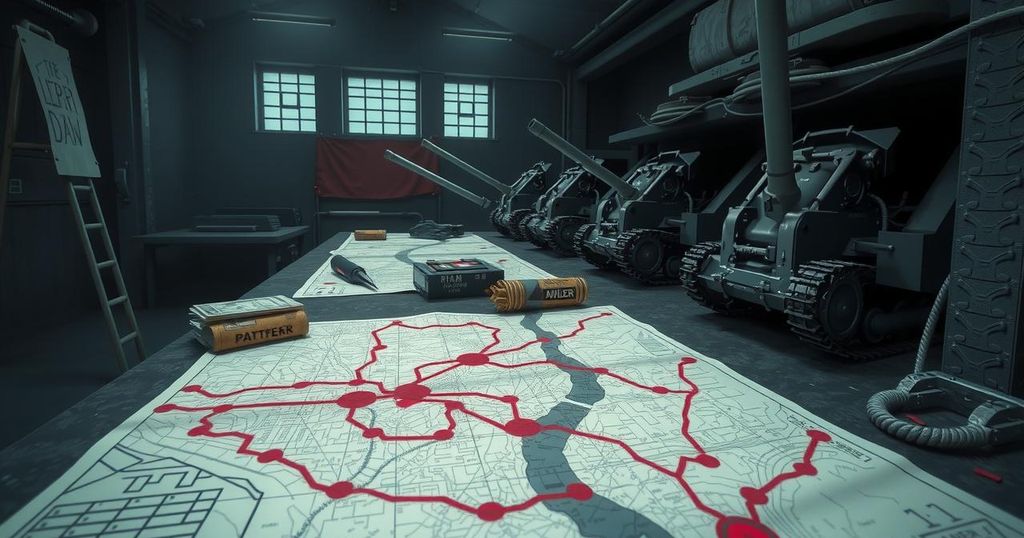NATO Adapts to Growing Russia-North Korea Military Cooperation

North Korea and Russia are expanding military cooperation, with North Korea sending additional troops to support Russian efforts amidst significant losses. This has prompted a strategic response from the United States and NATO, focusing on countering North Korean tactics through enhanced military collaboration and learning from the Ukrainian conflict. The geopolitical landscape continues to evolve as both North Korea and Russia seek to bolster their military capabilities.
Recent developments on the Kursk front reveal an increase in military cooperation between North Korea and Russia. North Korea has dispatched an additional 3,000 troops to the Russian frontlines, responding to significant losses sustained in earlier deployments. Concurrently, this relationship has elicited a coordinated response from the United States, aiming to counter North Korean military tactics while supporting Ukraine.
Despite sending more soldiers, North Korean reports indicate that they have already incurred over 4,000 casualties from an initial contingent of 12,000. In addition to personnel, North Korea is augmenting military supplies to assist Russia’s struggling defense sector. Ukrainian forces have reportedly destroyed North Korean Koksan self-propelled guns after identifying their positions, underscoring the challenges these weapon systems pose.
Sergei Shoigu, Secretary of the Russian Security Council, has visited North Korea multiple times, highlighting the growing military partnership. This enhances North Korea’s operational capabilities amid regional tensions, particularly affecting South Korea. The evolution of this alliance prompts concern in Western nations as Russia allows North Korea to prepare for modern combat.
In retaliation, the U.S. military has intensified its collaboration with South Korea to develop countermeasures against evolving North Korean tactics. Joint military exercises now focus on neutralizing war tunnels, a critical component of North Korean strategy. By enhancing these efforts, the U.S. and South Korea aim to reduce North Korea’s military effectiveness significantly.
NATO is also drawing lessons from the ongoing conflict in Ukraine to prepare for potential threats from Russia and North Korea. Initiatives such as the Joint Analysis Training and Education Centre in Poland are critical for integrating contemporary combat experiences into NATO strategies, ultimately enhancing the alliance’s readiness.
The alliance and its member states are bolstering their defense plans based on insights gained from Ukrainian engagements. As military ties between Russia and North Korea strengthen, the need for Western powers to adapt is evident, particularly in countering the foreign dependency of Russia’s military. Enhanced militarization and tactical adjustments from the West aim to ensure that both Russia and North Korea face formidable deterrents to their expanded military cooperation.
This evolving situation underscores the challenges and opportunities that arise from the geopolitical conflicts in Eastern Europe and Northeast Asia. As North Korea and Russia strengthen their military collaboration, NATO and the U.S. must remain vigilant and responsive to ensure regional stability and security.
In conclusion, the intensifying military collaboration between North Korea and Russia poses significant challenges for Western powers. The United States and its allies are striving to counter these developments through enhanced military exercises and strategic planning, drawing insights from the ongoing conflict in Ukraine. NATO’s efforts to integrate lessons learned into its defense framework will be crucial in addressing future threats from these adversarial alliances, ensuring that they are prepared for potential escalations in military engagements.
Original Source: euromaidanpress.com







